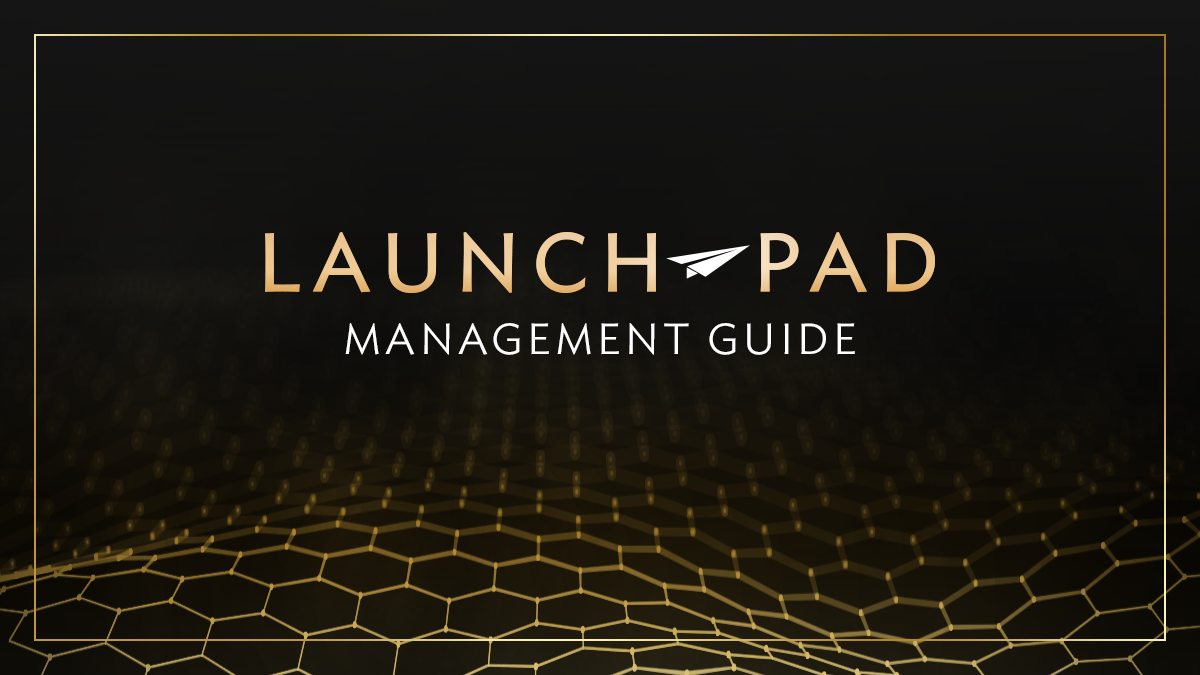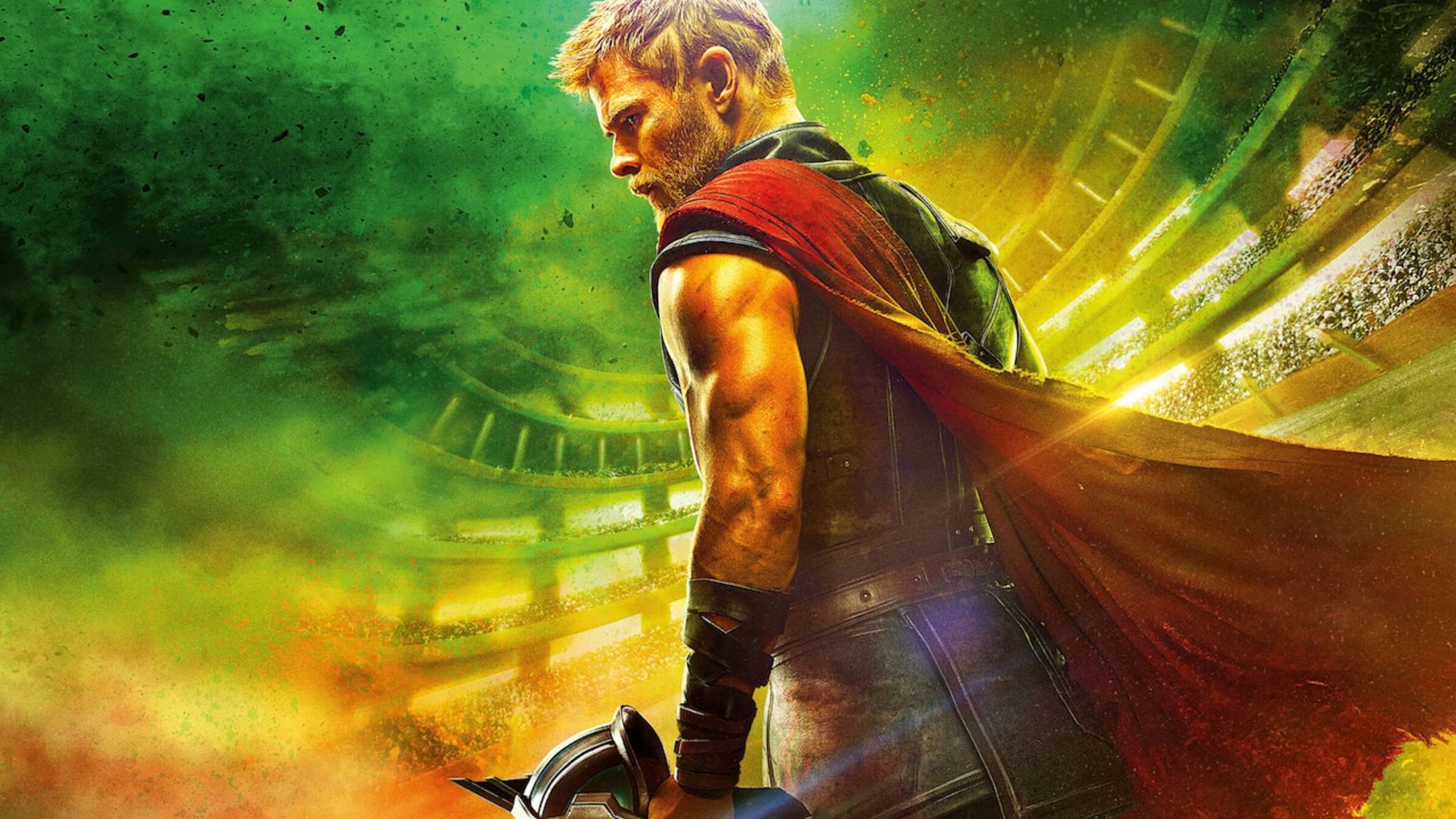
One of the primary ways to set your writing apart from the rest is through your thematic question. It’s an element that many writers struggle with as they consider the world, the concept, and the character, and sometimes forget how they work together to create the theme of a story.
But nailing your theme is crucial, and that’s never been truer than in today’s spec market.

The Central Thematic Question
First, let’s look at the theme and the “thematic question” at the core of any film.
This is slightly different than the plot-based “central question.” You may have heard the question “What is your thematic question?” or, “What is the thematic question of this film?” These questions can be found in your protagonist and the lessons they learn throughout the film.
That likely sounds very basic, where there’s a protagonist who is “bad” and they have to learn to be “good.” And while that’s an accurate version of a protagonist’s arc, you can and should allow your characters to be much more complex than that.
Regardless, protagonists change over a film, for better or worse, and that’s shaped by a point-of-view from the writer that creates a theme.
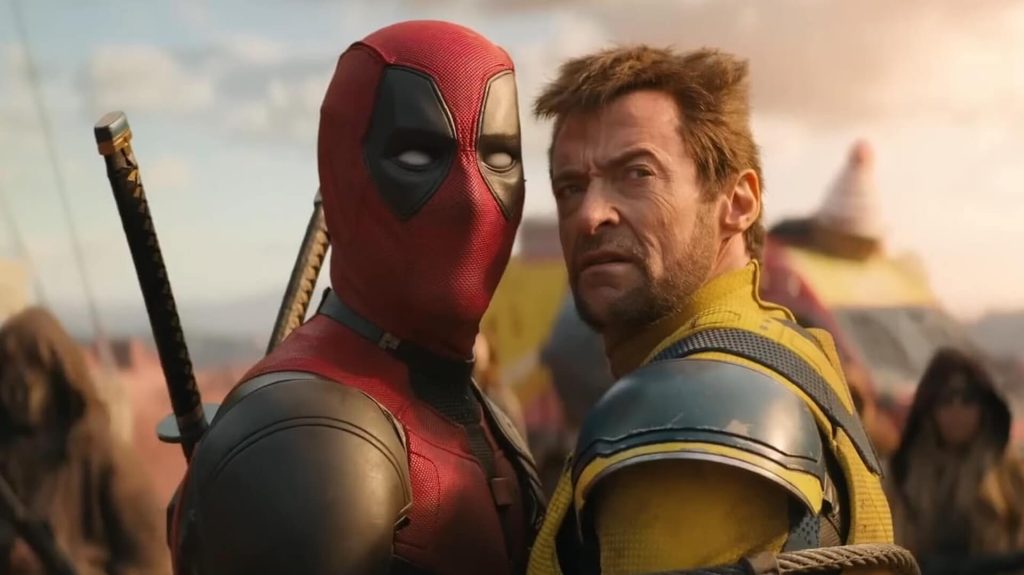
‘Deadpool & Wolverine’ (2024)
For example, in this year’s blockbuster hit Deadpool & Wolverine, the film repeatedly asks all its characters “What does it mean to be a hero?” This is the central thematic question.
We know this early on when Deadpool interviews at Stark Industries for a spot on the Avengers and his reasons for wanting to be a hero were to matter to those around him. But what he ultimately learns is the lesson of sacrifice that all heroes embody, but also that you don’t have to be a hero to matter. Being a hero is showing up for the people who matter, as we see with Deadpool sitting down with his found-family including new additions from the film.
You can often find the thematic question stated or asked directly within the first act of a film. But if it’s not stated, then you still see it in the opening scenes through the actions and interactions of the protagonist.
Read More: What Is Vertical Screenwriting?
The Rise of the Commentary Theme
Films can also evoke other themes that evoke conversations and run throughout the film, and often, these come from the world of the story while commenting on the world of the audience.
For example, in another Marvel film, Thor: Ragnarok, director Taika Waititi fills the story with commentary on colonialism through the antagonist Hela and the “wasteland” planet, Sakaar. Hela discusses how she and Thor’s father waged war all over the universe, taking control of other planets, while showing artistic depictions of the events in a style that evokes the Crusades and Christian art. Sakaar represents the countless countries and cultures that have faced colonial oppression, even using Māori art and styles. And character after character in the film has a backstory that connects to some kind of revolt or uprising.
Lots of blockbuster films speak to bigger themes. Even if Thor is dealing with grieving his father and learning to be a leader thematically, he’s also being challenged by the actions of other leaders. Black Panther and Captain America: The Winter Soldier spoke to similar themes. Top Gun: Maverick hints at international warfare even though it never outright says the country the pilots are clearly up against. The Mad Max franchise inherently speaks to environmentalism and Global Warming.
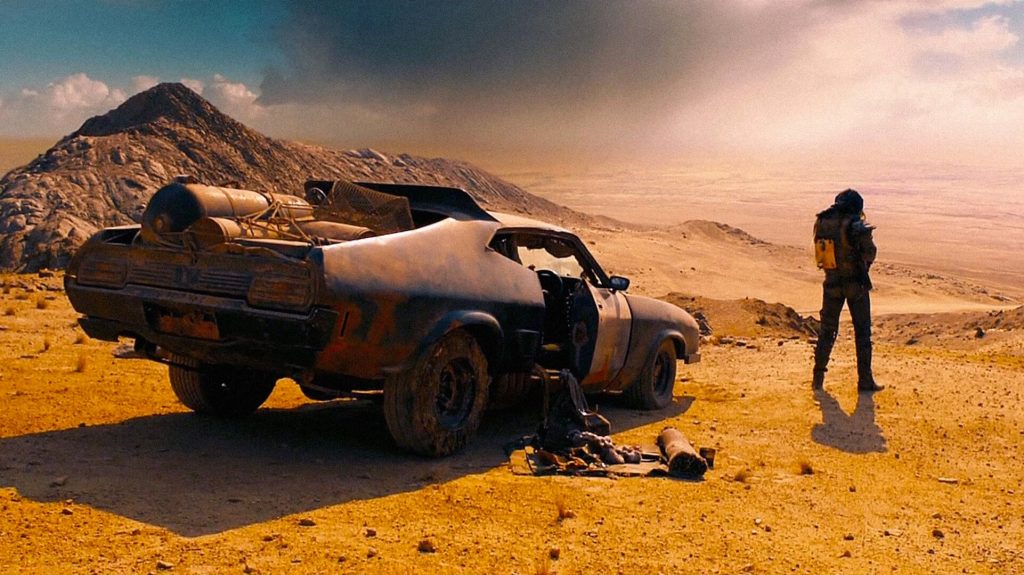
‘Mad Max: Fury Road’ (2015)
Your Thematic Question Is Important in Today’s Market
No matter how big or small the film you’re writing. No matter the genre, having a clear theme and commentary are crucial in your work. It helps to make your voice distinct to producers and managers reading your scripts, and it also is the thing that makes your script relevant to today’s audiences.
Without your central thematic question, how can you grab onto what’s driving your protagonist and how/why they’re changing? Just the fact that the question is asked tells you what matters to your protagonist. And what the question is tells us what the protagonist will work through. But you can dig even deeper with forces that push at your protagonist and that question as they try to determine their answer, and ultimately, the script’s answer to the question.
Those commentary themes are just as important today. It tells producers what matters to YOU. It tells the reader why you’re the only person who could write that script. Waititi is Māori and from New Zealand, and his perspective on their history is what elevates that particular story, and does it authentically.
The Rise of Authenticity
In recent years, authenticity has become a big part of the conversation about what makes a successful writer. It’s part of many fellowship (film and television) applications when they ask for an essay on your background and your unique voice.
It’s not just about making you stand out, it’s also about getting people to engage with your work. The internet and social media exist as a way for people to expand conversations. When you write about your experience, people with similar experiences can feel seen and engage with others who feel the same about your work. And people who don’t identify with your experience can engage with a viewpoint they might not get to otherwise. No matter your background, you have a perspective that matters and deserves to be shared.
So often, themes and commentary are used to discuss issues deemed “political.” I’d argue that everything is political, but setting that aside, when we live in a time of division and people screaming into the void of the internet, stories are often what unite people. And your work can be a part of that, too.
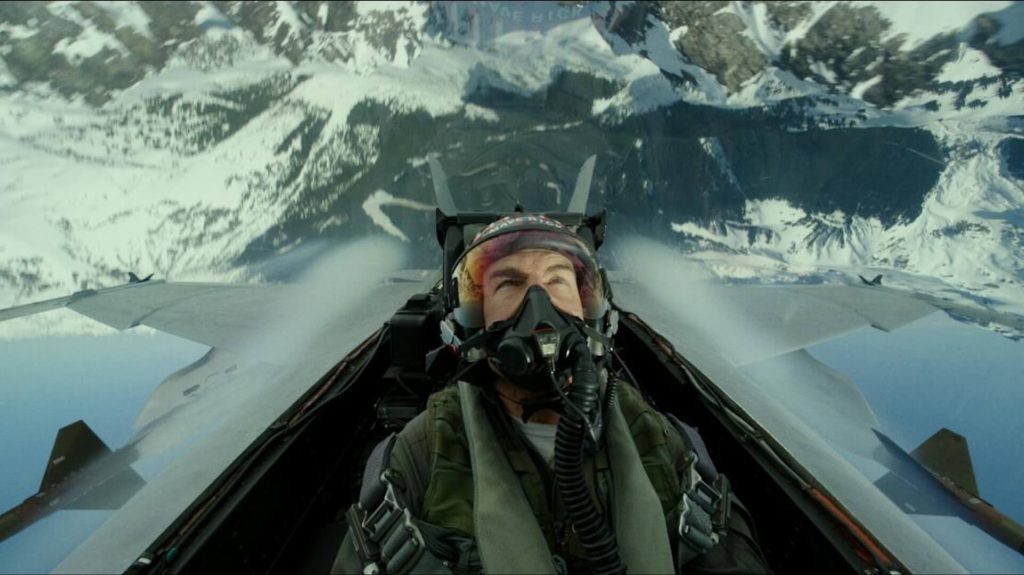
‘Top Gun: Maverick’ (2022)
—
With fewer films being produced, you must push yourself to stand out and make your script strong at every level. The themes your protagonist explores are what the audience will walk away still talking about. So make sure you write something worth those communal conversations.
Read More: Movie Clichés You Should Avoid in Your Script’s Opening According to Pro Readers

